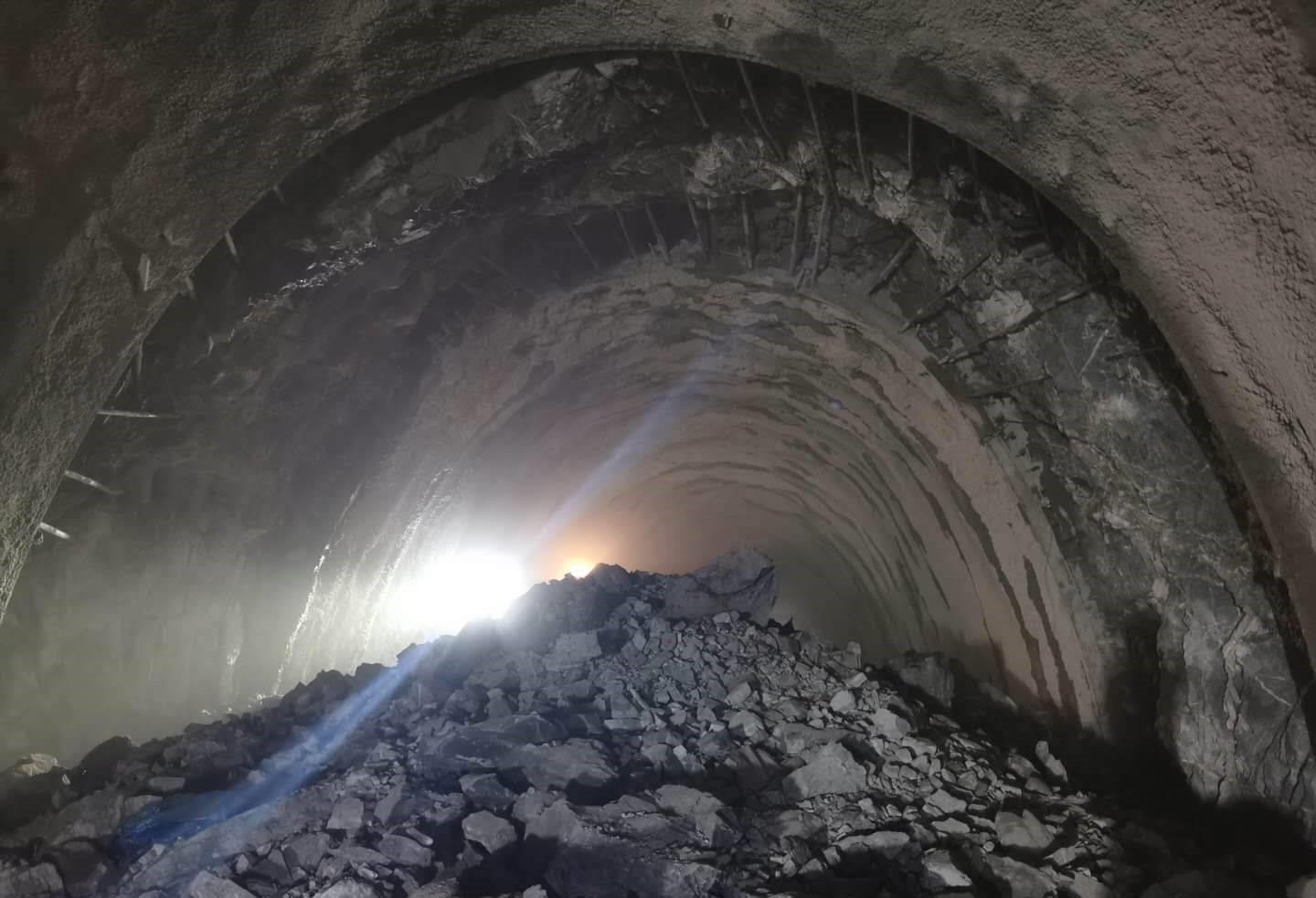What Are the Impacts of Faults on Tunnel Construction?Faults have various impacts on tunnel construction, including but not limited to the following aspects:

1、Increased Construction Risks: Rocks in fault zones may be highly fractured and unstable, prone to collapse and sliding, which significantly increases safety risks during tunnel construction.
2、Increased Construction Difficulty: When constructing near faults, the fractured rocks may require more complex support measures and construction methods, leading to increased difficulty and cost.
3、Construction Progress Delays: The need for additional support measures and cautious construction methods can slow down the construction progress, affecting the overall project schedule.
4、Increased Construction Costs: Ensuring safety and quality during construction might require more manpower, materials, and financial resources, thereby raising the project costs.
5、Post-Construction Maintenance Issues: Tunnels crossing fault zones may face problems such as seepage and cracking, increasing the difficulty and cost of future maintenance.
6、Monitoring and Warning Needs: Enhanced monitoring of the geological environment around the tunnel is necessary in fault zones to timely detect potential geological hazards and take preventive measures.
7、Potential for Design Changes: Feedback on actual geological conditions during construction may necessitate adjustments to the original design plan, or even a redesign of certain tunnel sections.
8、Environmental Impact: Tunnel construction may impact the surrounding environment to some extent, such as causing surface subsidence and changes in groundwater flow, requiring environmental impact assessments and corresponding protective measures.
The Hazards of Faults to Tunnel Projects
Faults pose several hazards to tunnel projects, primarily reflected in the following aspects:
1、Decreased Stability: Rocks in fault zones are usually fractured and loose, lacking sufficient self-supporting capability, which seriously threatens the stability of tunnels in these areas.
2、Increased Construction Risks: The complex geological conditions in fault zones can lead to phenomena such as water inflows and sand inrushes, posing threats to construction workers' safety and increasing construction difficulty.
3、Rising Construction Costs: Ensuring the stability of tunnels in fault zones might require more complex and expensive support measures, such as reinforcing support structures and grouting, significantly increasing construction costs.
4、Increased Maintenance Costs: Post-construction, issues like seepage and cracking in tunnels passing through fault zones necessitate regular inspections and repairs, raising long-term maintenance costs.
5、Shortened Service Life: Geological problems caused by faults may damage tunnel structures, thus affecting the tunnel's service life.
6、Environmental Impact on Surrounding Areas: Tunnel construction and operation can disturb the surrounding environment to some extent, such as causing surface subsidence and altering groundwater systems, necessitating environmental impact assessments and corresponding protective measures.
Therefore, during the planning and design stages of tunnel construction, it is essential to fully consider the impact of faults and adopt appropriate countermeasures to ensure the safety, efficiency, and economy of tunnel construction.
